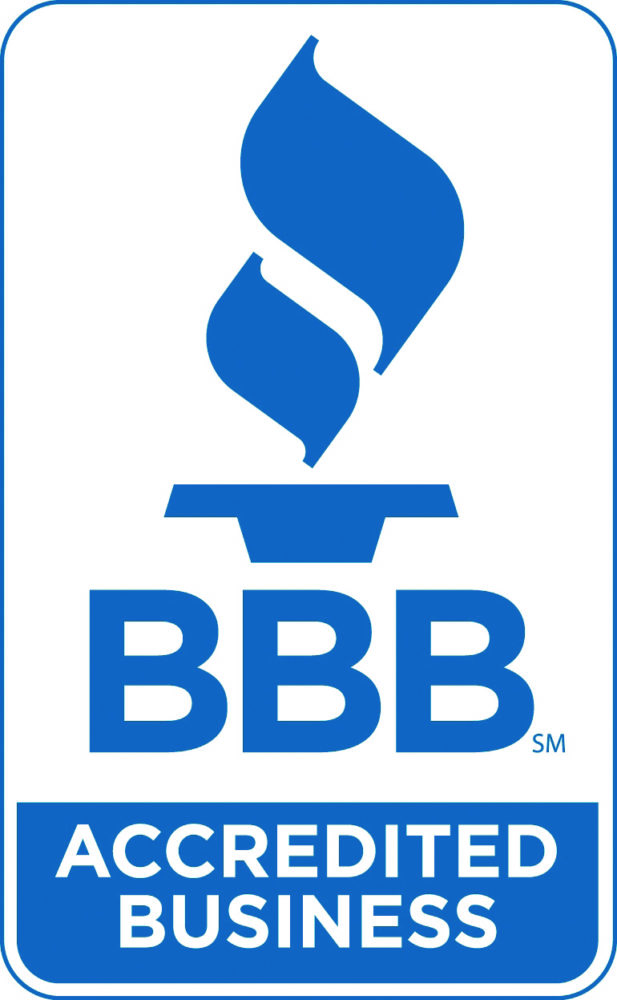
Giving Wisely
By Vee Daniel, President and CEO,
Better Business Bureau® of the Upstate
There is a great joy in giving. Whether it’s time spent volunteering or making a donation to support a worthwhile cause, it is fulfilling to help those in need.
Working at the Better Business Bureau® has not only opened my eyes to the overwhelming generosity of donors but it has also made me more aware of the unscrupulous and growing practices of fraud. Unfortunately, with every need, there is a scam artist lurking behind the scenes and ready to take advantage of those with generous hearts.
As an authority on marketplace trust, the BBB adheres to high standards for ethical behavior and provides consumers with objective, unbiased information, not only about businesses, but about charitable organizations as well. In fact, BBB is the place where donors and charities come together through the BBB Wise Giving Alliance, which develops reports on over 1,200 nationally soliciting charitable organizations, and on over 10,000 local and regional charities.
BBB Wise Giving Alliance does not rank charities. Instead, it helps donors make more informed decisions by providing objective evaluations. All of this information is free and available at www.give.org.
We want you to have the confidence that your donations are going to legitimate charities. You can protect yourself with a few tips for giving wisely:
Before you give, do your homework.
In our state, charitable solicitation is governed by the Solicitation of Charitable Funds Act which is designed to protect South Carolinians from fraudulent fundraising. Our state requires charities to register with the state and to report how the organization uses the donations. You can visit the SC Secretary of State’s website at www.scsos.com to see if one of the 8,000 charitable organizations and 1,500 professional fundraisers are registered. Be aware that there are exceptions. Religious organizations, political candidates and organizations that are required to file with the Federal or State Election Commissions do not have to register in SC.
Unsolicited callers must answer the following questions:
If you receive an unsolicited call asking for a donation, the Solicitation of Charitable Funds Act requires the caller to disclose the following information: They caller must reveal if he or she is being paid to make solicitation calls, the registered name, purpose and location of the charity. If the location of the charity is a P.O. Box in SC, it does not mean that your donation will go to the charity in SC.
If the caller does not provide this information to you, hang up and contact the SC Secretary of State’s Office at (803) 734-1728. If the caller provides the information and you are interested in giving, tell the caller that you want to investigate their cause further. A reputable charity will not rush you into making a donation.
Do not give out your personal information.
Scam artists are ready to take advantage of your generosity. Do not provide personal information like financial information, credit card numbers, bank account numbers and Social Security numbers until you have researched the charity.
Pay by check and get a receipt.
There’s more of a record and make sure your check is made out to the charity itself rather than the person soliciting your gift.
Be wary of claims that 100 percent of a donation will go directly to the charitable cause.
Despite what an organization might claim, charities have fundraising and administrative costs. Even a credit card donation will involve, at a minimum, a processing fee. If a charity claims that 100 percent of collected funds will go to the cause, the truth is that the organization maybe incurring fundraising and administrative expenses. At least 65 percent of the donation or more should go to the charitable cause.
Find out if the charity is providing direct aid or raising money for other groups.
Some charities may be raising money to pass along to other organizations. If so, you may want to consider “avoiding the middleman” and giving directly to the charitable organization.
Look for the BBB Accredited Charity Seal®.
An easy way to find out if a charity is trustworthy is to look for the BBB Seal on a charity’s website. This means that the charity has met the BBB Wise Giving Alliance Standards for Charity Accountability.
If you would like more information, you can sign up for a free copy of BBB’s Wise Giving Guide. Published three times a year, this guide provides the latest evaluations on national soliciting charities.
For a complimentary copy, please
email give@council.bbb.org or write:
BBB Wise Giving Alliance
3033 Wilson Blvd, Suite 600
Arlington, VA 22201
If you do receive a suspicious charitable solicitation, please report it to your Better Business Bureau at
(864) 242-5052 or visit www.upstatesc.bbb.org. Together we can work to combat unethical behavior and continue to give with joy to the charities we trust.



